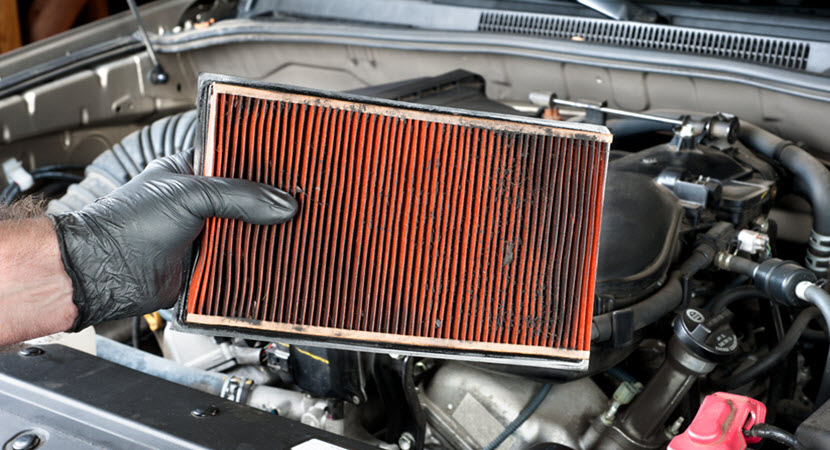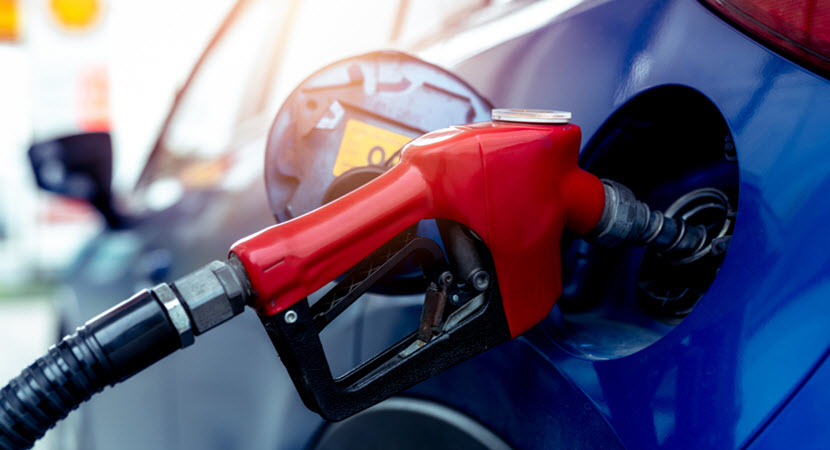Fuel consumption is a critical element of every automobile’s performance. Volkswagen owners, in particular, should know which factors contribute to increased fuel usage in their vehicles and the benefits associated with addressing this issue, taking measures to decrease their consumption and optimize their model’s efficiency.
Fuel consumption refers to the amount of gasoline or other liquid consumed over an accumulated distance by vehicles. Fuel consumption directly relates to environmental and wallet health, and excessive fuel usage poses numerous risks that must be managed accordingly. While vehicles provide essential transportation needs, this issue must be addressed appropriately.
One primary risk associated with excessive fuel consumption is environmental. Burning fossil fuels like gasoline or diesel releases greenhouse gasses such as carbon dioxide (CO2) into the atmosphere, contributing to global warming and climate change, air pollution, and respiratory problems among humans and animals alike.
As global vehicle production increases, fossil fuel consumption rises accordingly. It diminishes Earth’s limited resources, raising questions about future energy security and the transition towards more eco-friendly forms of power generation.
Fuel consumption also has economic repercussions. Rising gas prices burden individuals and businesses with increased transportation expenses that impact inflation levels and decrease consumers’ purchasing power, which is why it’s essential to be aware of your Volkswagen’s fuel consumption.
Volkswagen Engine Performance and Maintenance
One key contributor to increased fuel consumption in Volkswagen vehicles is engine performance and maintenance. Over time, engines may experience wear and tear, which decreases efficiency and increases consumption. Poor maintenance practices like irregular oil changes, dirty air filters, or malfunctioning fuel injectors may further impact the economy.
Keep your Volkswagen engine running efficiently by adhering to its recommended maintenance schedule. This should include regular oil changes, air filter replacements, and fuel system checks. All of these routine tasks may help maximize your vehicle’s fuel economy. Also, addressing any performance issues promptly, such as misfiring spark plugs or malfunctioning oxygen sensors, can significantly boost efficiency.
Volkswagen Driving Habits and Conditions
Driving habits and conditions also play an integral part in fuel consumption for Volkswagen vehicles, contributing to greater gas consumption. Aggressive driving styles like rapid acceleration, constant speeding, and harsh braking can increase gas consumption. Similarly, excessive idling, driving at high speeds, or carrying extra weight in the vehicle may decrease efficiency and fuel savings.
Fuel-efficient driving practices can help mitigate increased fuel consumption. By adopting a smoother driving style, maintaining an even speed, anticipating traffic conditions to avoid unnecessary acceleration or braking, and minimizing idling time by eliminating unnecessary items from your vehicle, you may be able to significantly decrease the consumption of fossil fuels.
Aerodynamics and Tire Maintenance for Volkswagens
Aerodynamics plays an integral part in fuel efficiency for Volkswagen models. This applies to any modification that compromises its aerodynamic design or modifications (such as roof racks or large spoilers.) Furthermore, improper tire maintenance practices such as underinflation or using worn-out tires can significantly decrease efficiency.
To achieve optimal fuel economy, ensuring your Volkswagen is aerodynamically sound is key. By eliminating unnecessary accessories that increase drag, fuel usage can be reduced significantly. Regularly checking tire pressure and selecting high-quality tires with optimal tread depth can also help you reach this goal.
Technological Considerations and Volkswagen-Specific Issues
If left unused and properly maintained, Volkswagen vehicles feature advanced technologies that may contribute to higher fuel consumption. Malfunctioning sensors, faulty oxygen sensors, or issues with the electronic control module can harm engine performance and fuel economy. Additionally, certain models have experienced issues surrounding emissions that have hurt both consumption and overall vehicle performance.
For optimal technology-related factors, it is vital that drivers keep their software up-to-date and regularly conduct diagnostics to detect any potential issues with the vehicle. Adherence to recalls and promptly dealing with emissions-related issues can also help improve fuel economy in affected Volkswagen models.

Expert Assistance by Dieter’s Porsche & BMW Service
Understanding what can cause increased fuel consumption is vital to optimizing fuel economy and lowering costs in Volkswagen vehicles. By prioritizing engine performance and maintenance, adopting fuel-efficient driving habits, assuring proper aerodynamics maintenance, tire upkeep, and technological factors unique to Volkswagen models, you can significantly boost the vehicle’s fuel economy and lower costs.
Whenever you require assistance diagnosing and correcting issues related to increased fuel consumption in your Volkswagen, contact our team at Dieter’s Porsche & BMW Service in Chula Vista, Coronado, Mission Valley, Point Loma, and San Diego, CA. Our skilled technicians will offer expert guidance and service to optimize fuel efficiency and guarantee an economical driving experience.


